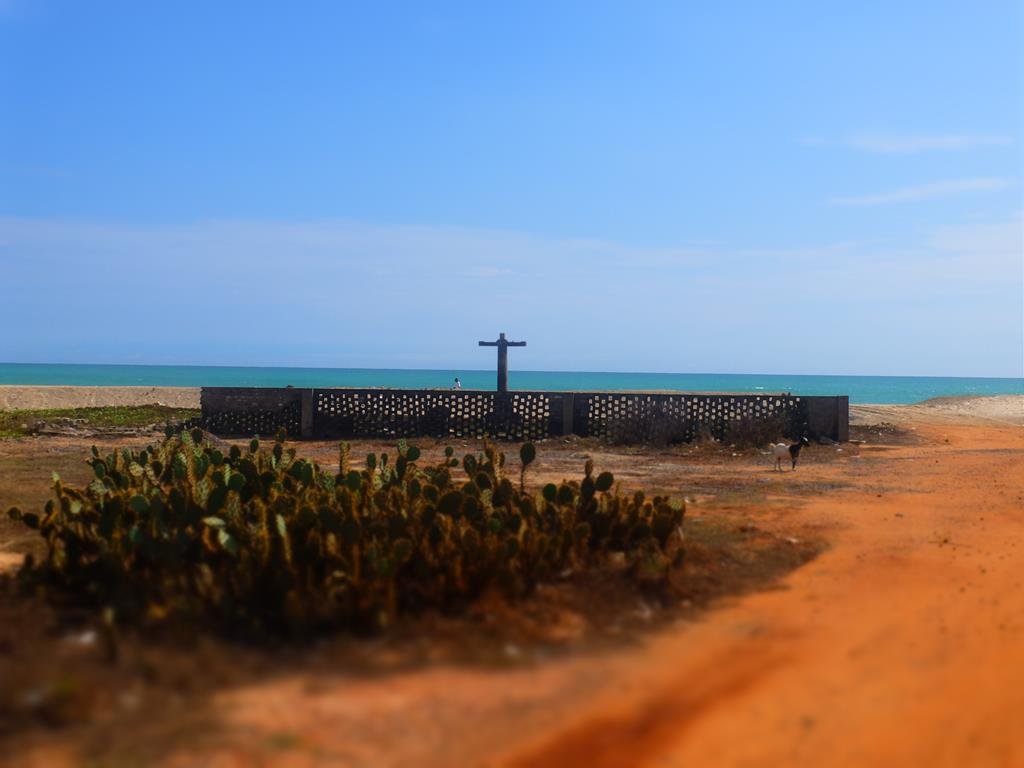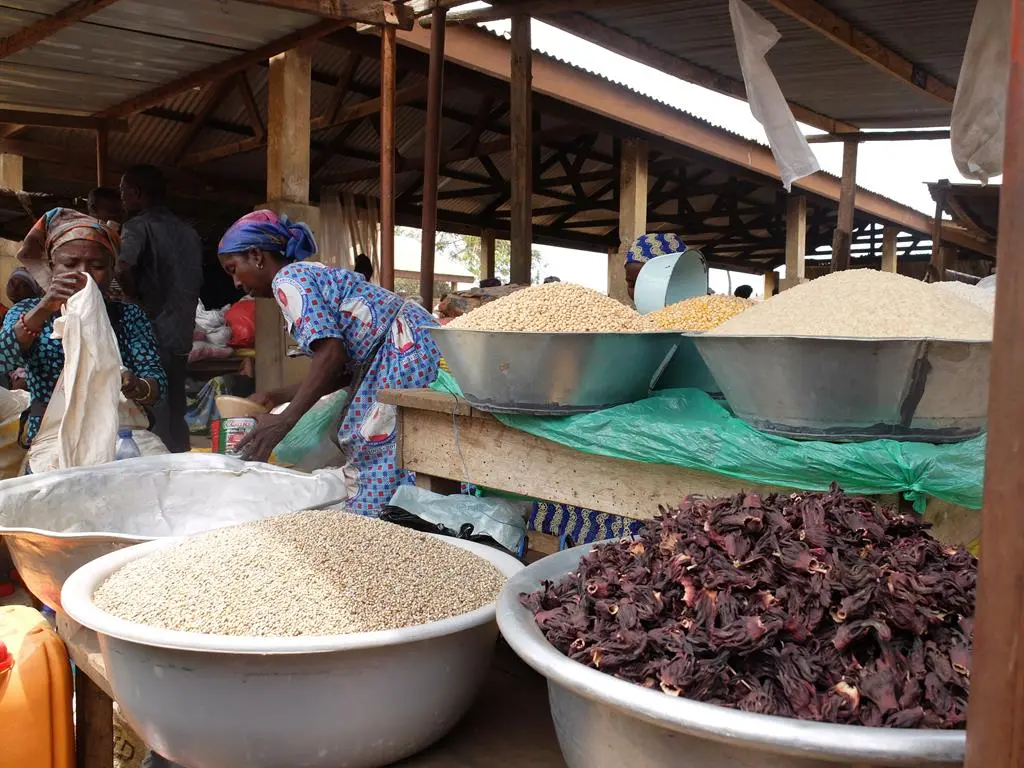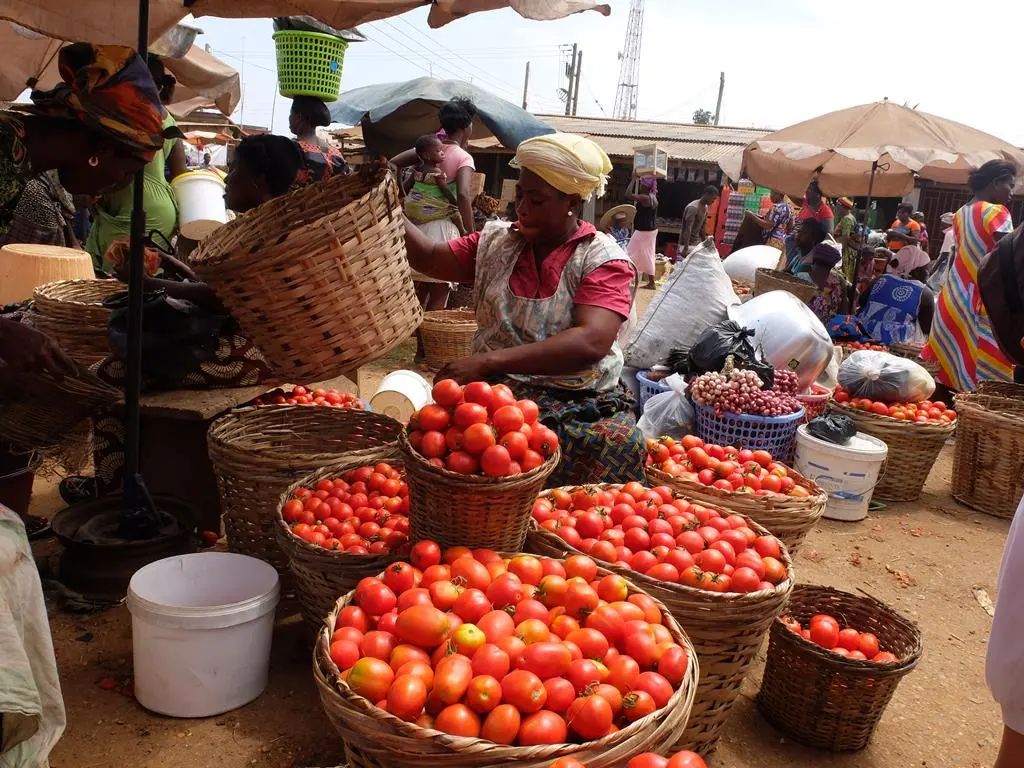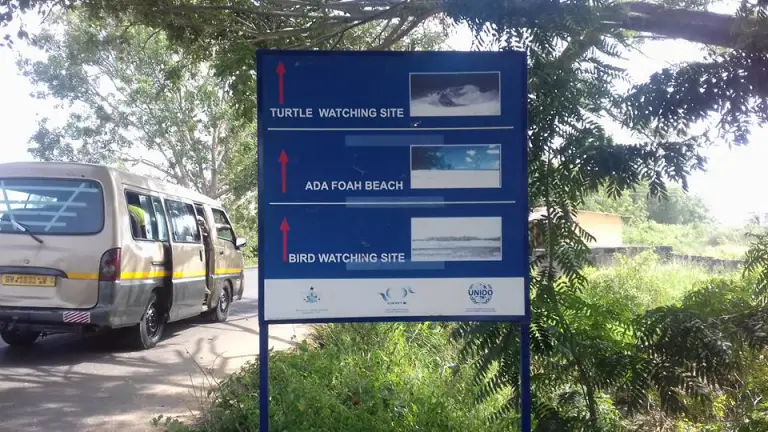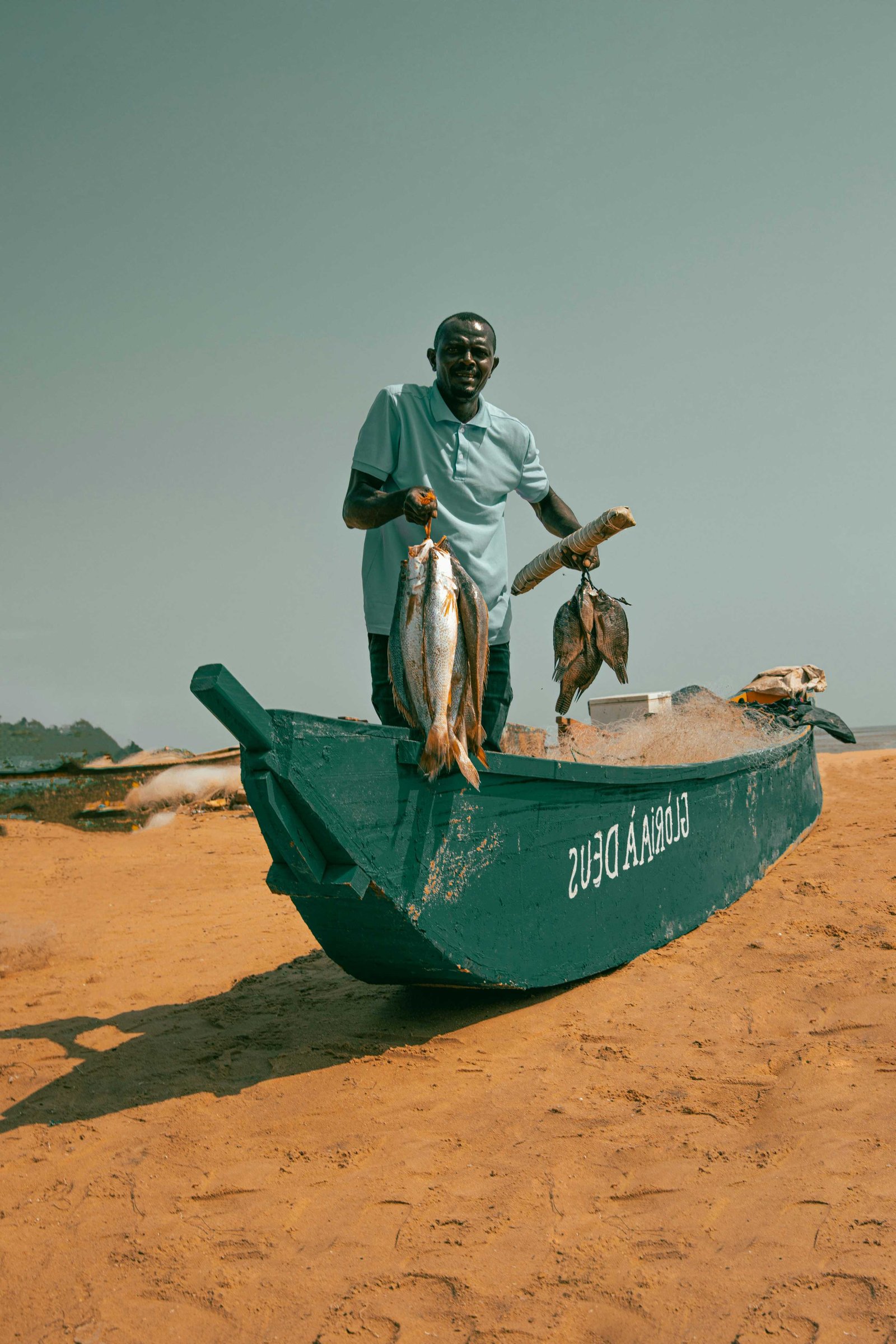The Ada people, part of the larger Ga-Dangme ethnic group who migrated from Israel about 6th Century B.C through Egypt, then to Ethiopia, having been expelled or exiled by the Assyrians (Hebrew Biblical Revelations, July 2008).
The Ada people trace their origins to migrations from the Nile Valley and Nigeria.
They settled along the southeastern coastal plains
of Ghana, particularly near the estuary of the Volta River.
This location was chosen for its strategic importance for fishing, salt production, and trade.
The Ada speak Dangme, a language shared with other Ga-Dangme subgroups.
Their society is organized under a traditional chieftaincy
system with clan-based leadership, and the paramount chief is known as the "Ada Mantse."
They celebrate the Asafotufiami Festival
annually in August, which commemorates historical military victories and honors
their ancestors.
Traditional warriors re-enact historic battles during the festival, bringing the community together
to celebrate their heritage.


